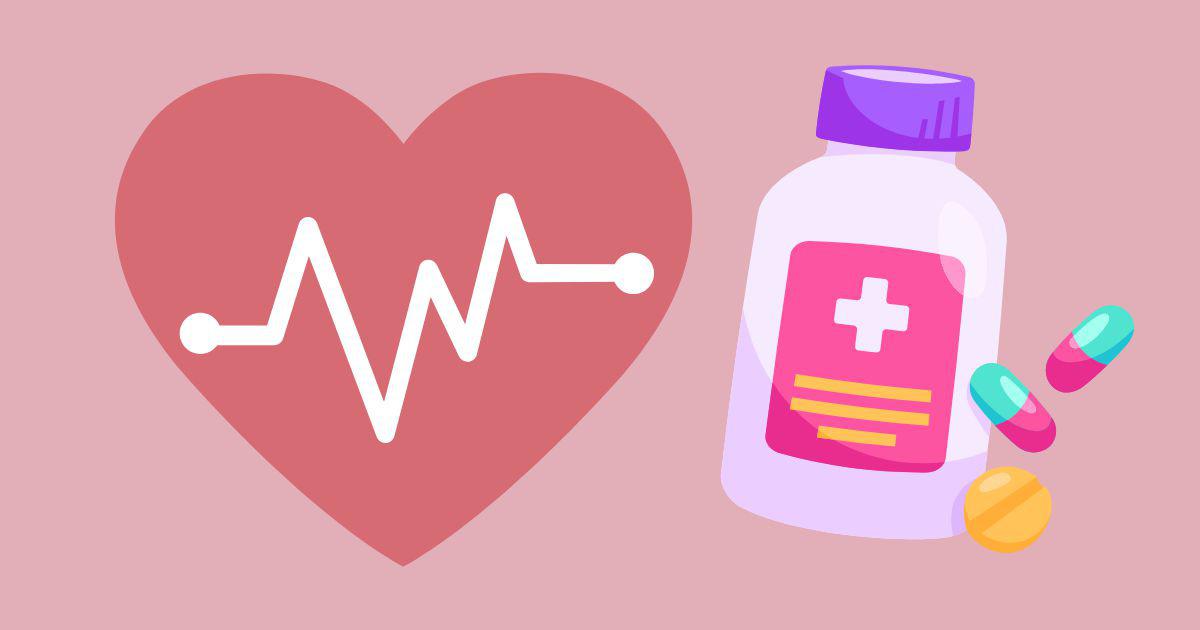A cardiologist explains how heart attack patients benefit from beta blockers

Join our WhatsApp Community to receive travel deals, free stays, and special offers!
- Join Now -
Join our WhatsApp Community to receive travel deals, free stays, and special offers!
- Join Now -

As a cardiologist, I frequently meet patients who have stopped taking medicines that could keep them alive. Often it’s because they’ve seen a dramatic headline or a worrying TV report about a drug they rely on. But sometimes, patients are right to pay attention: new studies really can overturn decades of medical practice.
Few drugs illustrate this tension better than beta blockers. Long prescribed after heart attacks, these medicines can be life-saving for some people, helpful for others and useless – or even harmful – for the rest.
Beta blockers have been used for more than 40 years in almost all patients with heart attacks. But this practice was based on studies done before modern treatments were available, and before we could detect very small heart attacks that do not affect the overall function of the heart.
Recently, two studies on beta blockers in patients with heart attacks were reported in the news. The Spanish-Italian study received the most attention. Media reports suggested that most heart attack patients did not benefit from beta blockers, and that in women the drug might even increase the risk of hospitalisation and death.
Reports like this can make people stop taking their medication.
At the same symposium in Madrid, the second study – which got less attention –...
Read more
What's Your Reaction?
 Like
0
Like
0
 Dislike
0
Dislike
0
 Love
0
Love
0
 Funny
0
Funny
0
 Angry
0
Angry
0
 Sad
0
Sad
0
 Wow
0
Wow
0























































